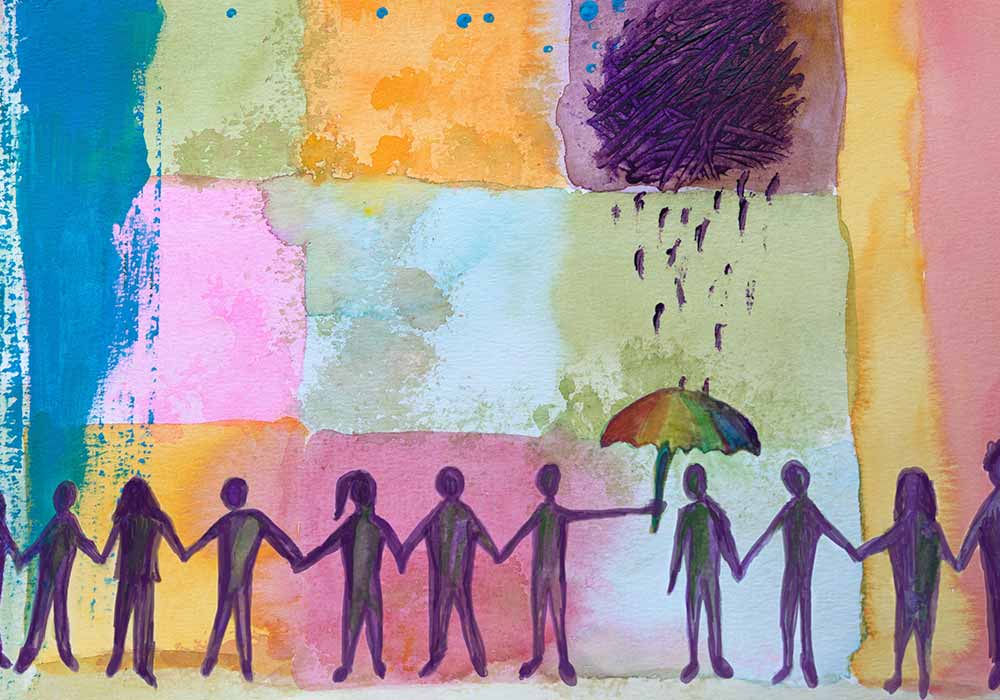In terms of organisational culture, these elements can be translated in the following ways:
* Diversity: Organisations that value diversity tend to bring together people with different areas of expertise and experience, which can foster innovation and adaptation, as different perspectives and approaches can lead to more creative and effective solutions to problems.
* Cooperation: According to Jones, living in a “smart” country encourages cooperation. In an organisational environment, cooperation is crucial for effective teamwork and productivity. An organisational culture that promotes cooperation can therefore increase productivity and revenues.
* Patience: Patience is another factor that Jones identifies as a “positive side effect” of living in a “smart” country. A quality that can be particularly valuable in managing change and adapting to new circumstances or challenges.
* Intelligence: Ultimately, the average intelligence of an organisation can have a significant impact on its success, just as the average intelligence of a nation can impact its wealth, according to Jones.
All in all, as we’ve seen with the tame fox experiment, the dichotomy between intelligence and sociability in our species is but two sides of the same coin. Both characteristics have worked synergistically throughout our evolution, allowing us to adapt, innovate and thrive in an ever-changing world. At the end of the day, we are a species that learns and grows together.
Sources:

